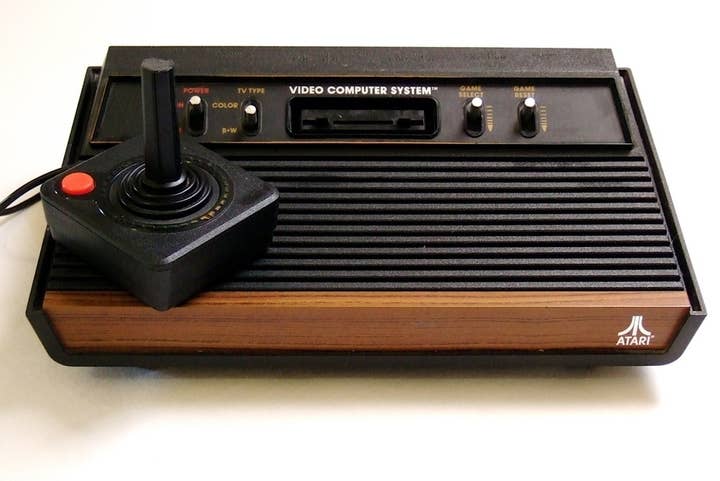Gaming risks a repeat of 1983 crash - Report
Superdata warns that console market may be saturated, gamers resistant to buying next-gen systems
The marketing push for next month's Xbox One and PlayStation 4 launches is beginning to ramp up, but not everyone is sold on the new consoles just yet. In a new report prepared by Superdata and released by Digital River, the research firm warned that the market for consoles is already crowded, with 79 percent of gamers already owning a console, and that group having an average of 2.6 consoles each. The report was based in part on a March survey of 1,105 respondents.
"Industry veterans will remember the crash of 1983, when the games market was saturated with hardware devices," the report states. "Today, the industry runs a similar risk, as [with] a higher-than-ever console installed base, consumers may be resistant to adding more hardware to their living rooms."
While the report acknowledges there are more gamers now than ever before, it suggests their habits are changing. Specifically, Superdata found gamers increasingly gravitating toward versatile, multi-purpose platforms like PCs and mobile devices. As a result, an increase in the number of gamers won't necessarily translate into an increase in demand for consoles.
In 2008, consoles led the industry, with 42 percent of gamers playing primarily on a console platform, compared to 37 percent who favored PCs and 5 percent who gamed mostly on mobiles. The numbers have shifted significantly in the intervening years, with 51 percent of gamers now playing primarily on PCs, and just 30 percent on consoles. Meanwhile, mobile has increased its share of the market and now represents the primarily platform for 13 percent of players.
The report also highlighted the increasing shift toward digital consumption of games in the US. America's unboxed gaming spend jumped from $1 per capita in 2000 to $14 in 2012 (with adjustment for inflation). That accounts for most of the industry's growth over that time frame, during which overall US per capita gaming spending increased from $33 to $50.

